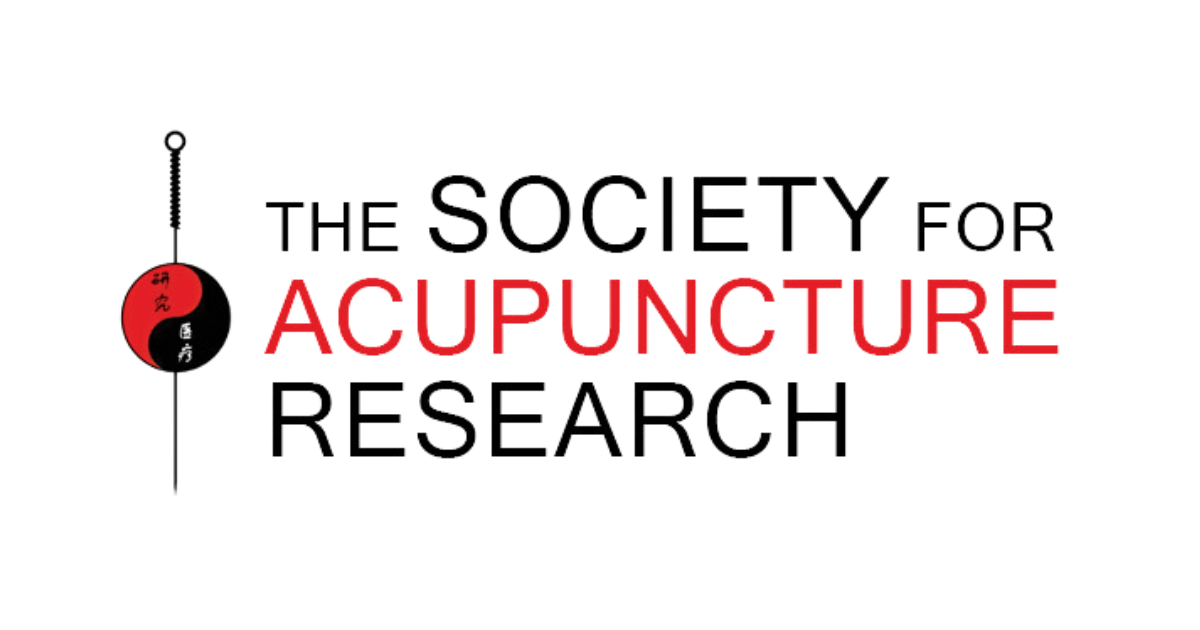News
-
In Memory of Dr. Richard Niemtzow: It is with profound sadness that the board of the Society for Acupuncture Research shares the news of the passing of Dr. Richard Niemtzow on February 2, 2025. As you may know, Dr. Niemtzow was a pioneer in the field of acupuncture research and clinical implementation. He was an extraordinary leader whose contributions have left an enduring impact on our profession. Dr. Niemtzow, a retired Air Force Colonel, was the first full-time physician to practice acupuncture in the U.S. armed forces. He is best known for developing Battlefield Acupuncture (BFA) in 2001, that gained widespread recognition for its simplicity, effectiveness, and ability to be taught quickly to clinicians, making it particularly valuable in combat and medical settings. He also pioneered the use of acupuncture for treating radiation therapy induced dry mouth in people with head & neck cancer. As a gifted acupuncturist, Dr. Niemtzow has cared for prominent politicians and generals thereby increasing acceptance of acupuncture as an effective treatment for management of challenging pain and symptoms. As we reflect on his life and legacy, it is important to honor his groundbreaking work and the impact he has had on both military and civilian healthcare. Please see the linked obituary for more details about Dr. Niemtzow’s life and legacy.
- “People talk about psychedelics reshaping the nervous system. Acupuncture kind of does the same thing,” said Richard Harris, a professor and endowed chair of the University of California, Irvine Susan Samueli Integrative Health Institute. Read the full Washington Post article: Does acupuncture work for chronic pain? Here’s what the science says. His group conducted a series of analyses on acupuncture among chronic pain patients. They found that acupuncture - but not sham - changed brain activity in terms of activating the receptors that bind opioids, which help control pain in the body. Electroacupuncture, in which the needles are stimulated with minor electrical currents, also impacted how different areas of the brain were connected, essentially rewiring the brain’s pain network.
- Gathering data points for acupuncture research ~ "I’m proud that the National Center for Complementary and Integrative Health (NCCIH) has put into motion an effort to address this problem with a new initiative that will result in the development of an open-access repository and database for the anatomical and physiological correlates of acupoints. This data initiative has long been needed to advance the work of researchers in the field." ...read the full message from NCCIH Director, Helene M. Langevin, M.D. here. News of the award, entitled “Topological Atlas and Repository for Acupoint Research (TARA),” was enthusiastically received, especially since SAR will play a key role in the administration of the project.
- SAR Board member Peter Wayne, PhD has been appointed to the role of director of the Osher Center for Integrative Medicine at Harvard Medical School and Brigham and Women’s Hospital. Dr. Wayne has been engaged with the Osher Center from its start in 2001 and has been a mainstay in its development over the past two decades. To read the full announcement click here.
- The UK’s National Institute of Health and Care Excellence (NICE) has just issued draft guidance for the treatment of chronic pain not caused by injury or a known medical condition. Importantly, acupuncture has now been recommended with other therapies include antidepressants and psychological therapy. They recommended that physicians not prescribe acetaminophen or ibuprofen as there is little evidence they are effective and long term use may be harmful. Opioids were strongly advised to be avoided due to a lack of evidence of efficacy along with a risk of long term harm. https://www.bbc.com/news/health-53649189
These recommendations are in line with a recent pragmatic clinical trial in Vermont Medicaid patients with chronic pain conducted by SAR board member Robert Davis, which documented improvements after acupuncture treatment and reductions in both opioid and non-opioid medication usage. https://journals.sagepub.com/doi/full/10.1177/2164956118769557
- SAR Announcement: Three days ago on January 21st the Centers for Medicare and Medicaid Services (CMS) announced that they would cover acupuncture for low back pain for up to 20 sessions over 12 months. This is truly a historic moment for the field of acupuncture, wherein a mainstream medical payer is agreeing to support this form of therapy. Indeed not only physicians but also allied auxiliary personnel, including licensed acupuncturists, will be able to receive payment for acupuncture services. Read more (PDF download)...
The transformation of acupuncturists from things to beings as subjects of research – from modality to whole system professionals – got a big boost at the June 26-29, 2019 Society for Acupuncture Research (SAR) conference. The alchemical stew for which SAR board member Robert Davis, LAc, MS was master chef began with the conference’s real world, policy, and payment focus. A Patient Centered Outcomes Research Institute (PCORI)-funded process for which Davis’ conference co-chair Remy Coeytaux, MD is primary investigator focused attention on implementation and dissemination. Past SAR board president Helene Langevin, MD, who stepped down from the SAR board when she began service as director of the NIH National Center for Complementary and Integrative Health (NCCIH), announced intentions for a precedent-setting initiative on whole systems research. In this mix, the acupuncturist as a whole professional flowered both as research target and as a potentially more valued participant in a reformed system for health care. Read more...
- The Society for Acupuncture Research is proud to announce that past President and long time board member, Dr. Helene Langevin, has been appointed as the new Director of the NIH National Center for Complementary and Integrative Health (https://www.nih.gov/news-events/news-releases/nih-names-dr-helene-langevin-director-national-center-complementary-integrative-health). All who’ve worked with Helene respect her as a driving intellectual force in the fields of acupuncture and integrative medicine research. We will dearly miss her presence on our Board, but we excitedly anticipate this next stage in the development of the integrative medicine research agenda. - SAR Board
|
